Hardik Pandya-Natasa Stankovic to Aamir Khan-Kiran Rao: Why celebrities embracing co-parenting is a game-changer ullu-web-prime.com
With the recent announcement of their separation, Hardik Pandya and Nataša Stanković, said they are committed to co-parenting their 4-year-old son, Agastya Pandya, joining a growing list of celebrities adopting this modern approach to family dynamics. Earlier, celebrity couples Hrithik Roshan and Sussanne Khan, Aamir Khan and Kiran Rao, and Malaika Arora and Arbaaz Khan have also embraced co-parenting, setting an example how separated parents can still collaborate effectively for their children’s well-being.
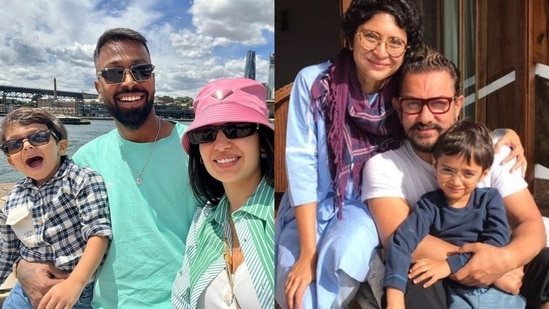
Ask Payal V Narang, child psychologist and parent coach, if celebrity couples embracing co-parenting helps normalise it, she agrees and says, “It can positively influence public perception.”
Also Read: Hardik Pandya’s heartfelt birthday note for son Agastya as India star adapts to co-parenting after divorce with Natasa
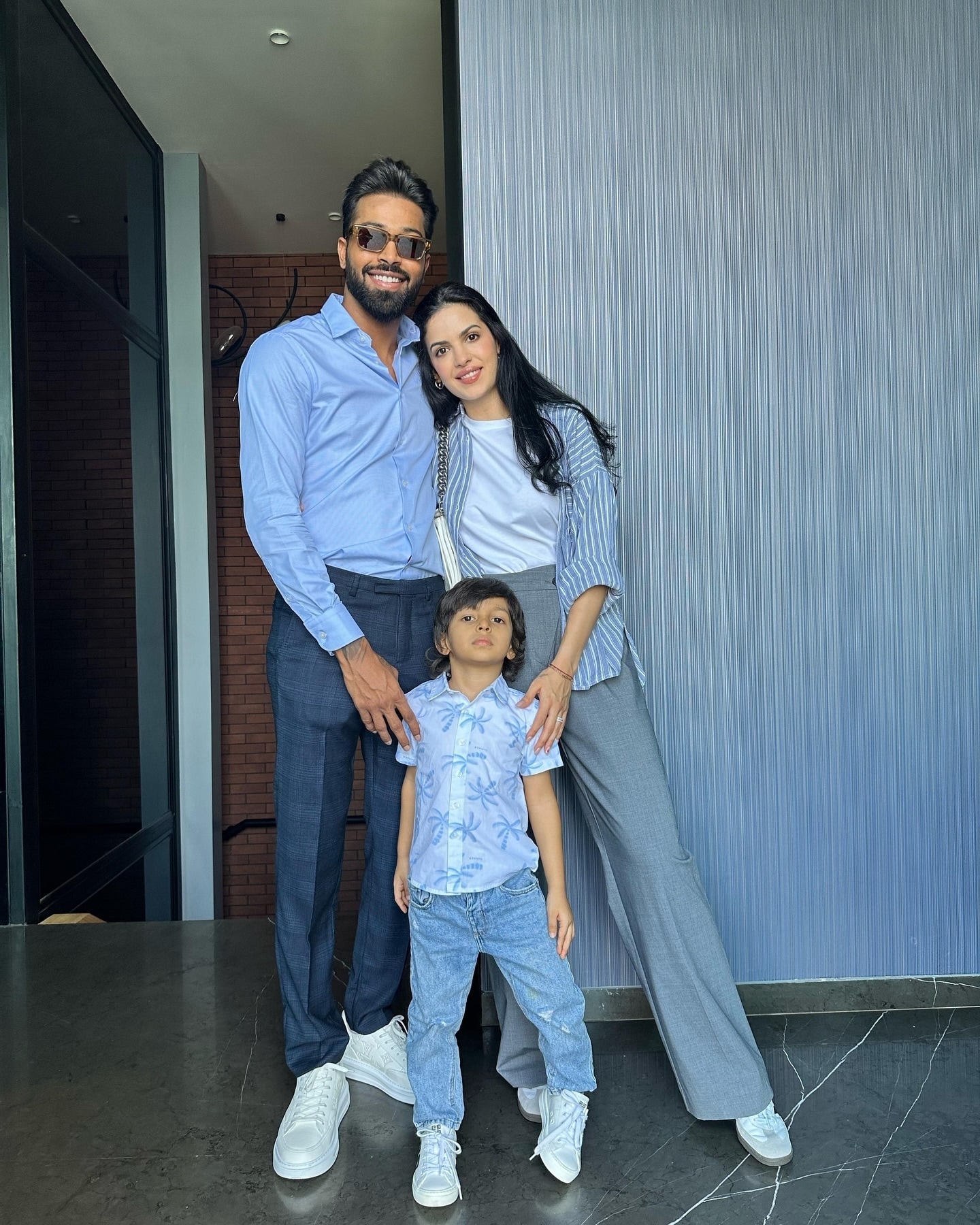
“Seeing high-profile figures successfully co-parenting helps reduce stigma, highlights the benefits, and provides relatable examples for others to follow, ultimately promoting healthier family dynamics post-divorce,” Narang notes.
Riddhi Doshi Patel, Child Psychologist and Parenting Counselor, adds, “Bollywood has played a crucial role in popularising the concept of co-parenting. When celebrities speak about their co-parenting experiences, it demystifies the process for the general public. Their openness helps normalise the concept, showing that co-parenting is a practical, respectful, and loving way to raise children post-divorce.”
Also Read: Kiran Rao enjoys a day out with Aamir Khan and son Azad; shares happy moment from ‘Rao-Khan holiday’
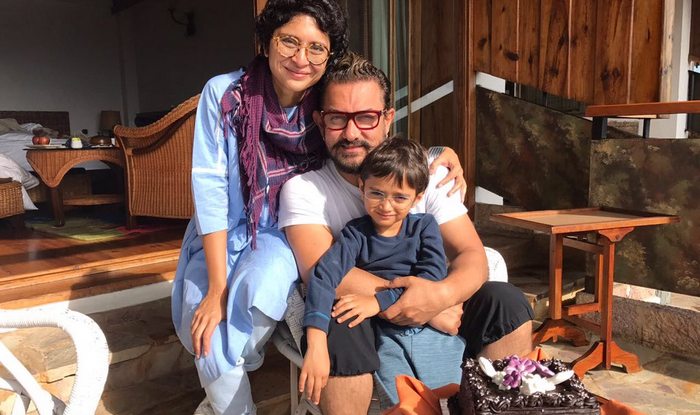
How can couples successfully co-parenting?
Speaking about how co-parenting can help mitigate psychological effects divorce has on children, which can include anxiety, depression, behavioral issues, and academic struggles, Narang further says, “Parents can help children navigate the period by providing stability, maintaining routines, and ensuring both parents remain actively involved in the child’s life, fostering a sense of security and support.” Narang adds that co-parenting can reduce feelings of loss and confusion that children often experience during a divorce.
To support children’s emotional health during and after a divorce, Narang advises parent communicate openly to allow the expression of feelings. She also emphasises “avoiding exposing children to conflict and making joint decisions.” “Parents should seek professional help if needed,” she recommends.
Also Read: Hrithik Roshan, Sussanne Khan reunite for son Hrehaan Roshan’s graduation ceremony. Watch

Aashmeen Munjaal, an ontologist, mental health, and relationship expert, outlines the key elements of successful co-parenting. “Successful co-parenting hinges on several key elements that foster effective communication, mutual respect, and the well-being of the children involved,” she says, adding, “Clear and open communication, flexibility, compromise, consistency in parenting styles across households, and recognising each other’s contributions are crucial.”
She also empahises that parents must “respect each other’s boundaries”. “Stay positive and patient, and keep the long-term goal of providing a nurturing environment for your children in mind,” Munjaal suggests.
Also Read: Malaika Arora reveals ‘initially it was a little tricky’ to co-parent son Arhaan with ex-husband Arbaaz Khan
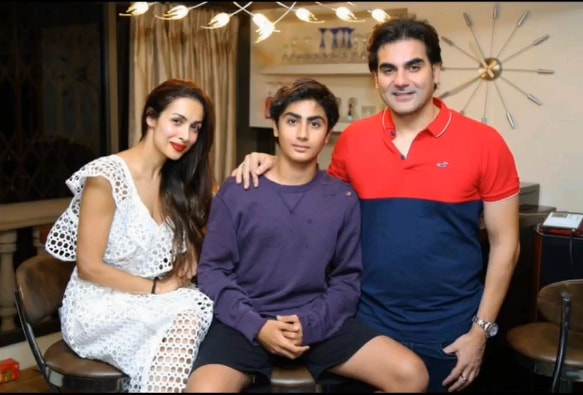
What does the law say?
About the legal aspects of co-parenting, Advocate Gagandeep Singh Arora, clarifies, “the Indian legal system does not recognise co-parenting as a legally defined means of child rearing.”
Meanwhile, Advocate Shobha Gaur tells us, “Co-parenting is a fairly new concept in India. Even when two individuals are married and living together, they are co-parenting a child. However, nowadays, in case of differences between the couple, when they reside separately but decide to raise their children together, that approach is also co-parenting.”
Also Read: After separation from Hardik Pandya, Natasa Stankovic shares note on ‘not being hard on children’
So, is joint custody and co-parenting the same thing? Gaur explains that the joint custody concept doesn’t have any explicit provision in existing laws and it is a concept rooted in the co-parenting philosophy. “In this arrangement, both parents share the responsibility of raising their child by taking turns to keep and care for the child,” Gaur says. She adds, “This approach is rooted in the co-parenting philosophy and involves parents mutually agreeing on dividing time with their child and contributing equally to their overall development.”
Gaur also points out that visitation rights and co-parenting are distinct concepts. Describing visitation rights, Gaur says that it “refers to the legal right of a non-custodial parent to spend time with their child.” “In this arrangement, the child resides primarily with one parent while the non-custodial parent is granted specific periods to visit and maintain a relationship with the child,” she ends.
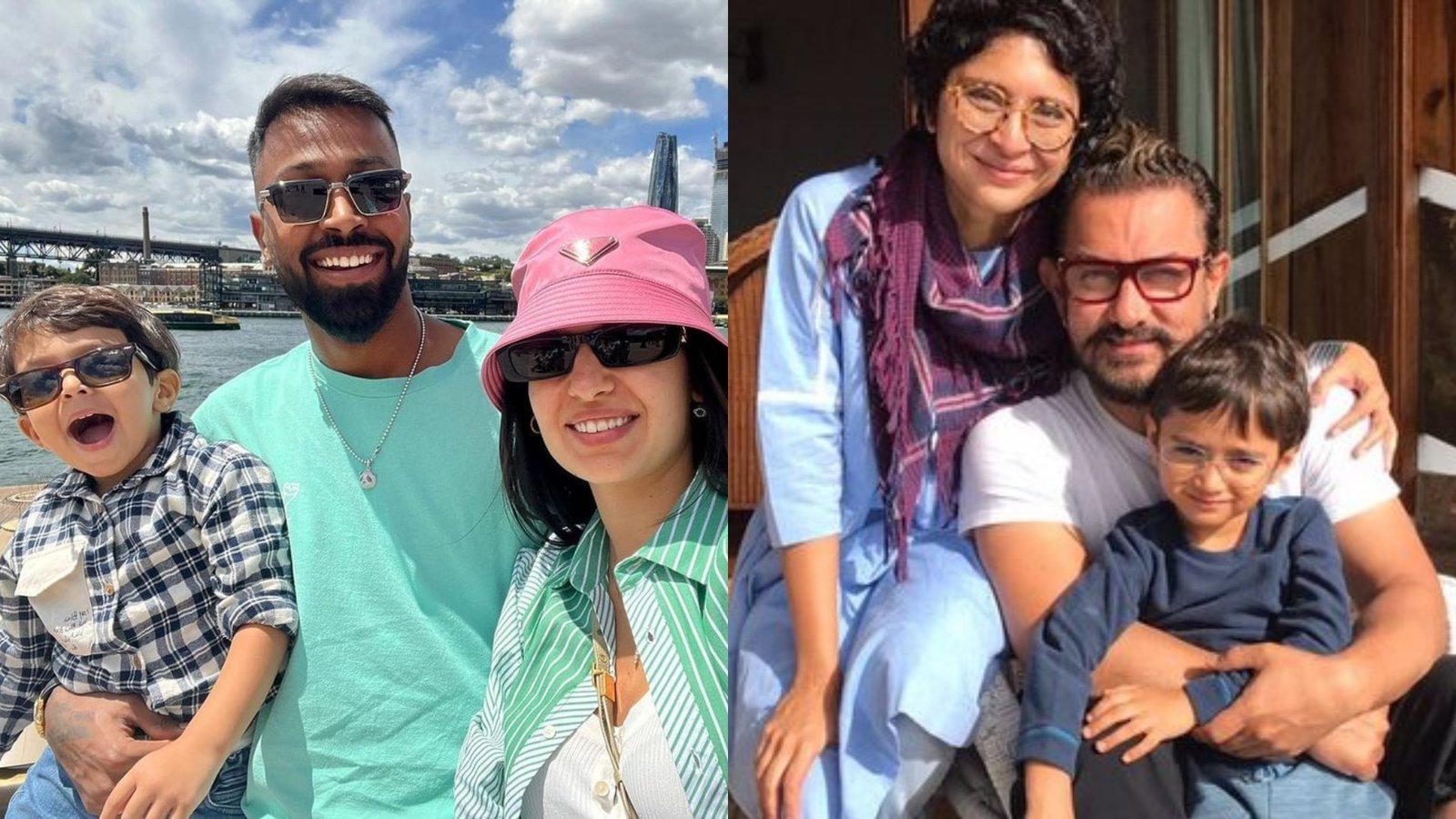







Post Comment